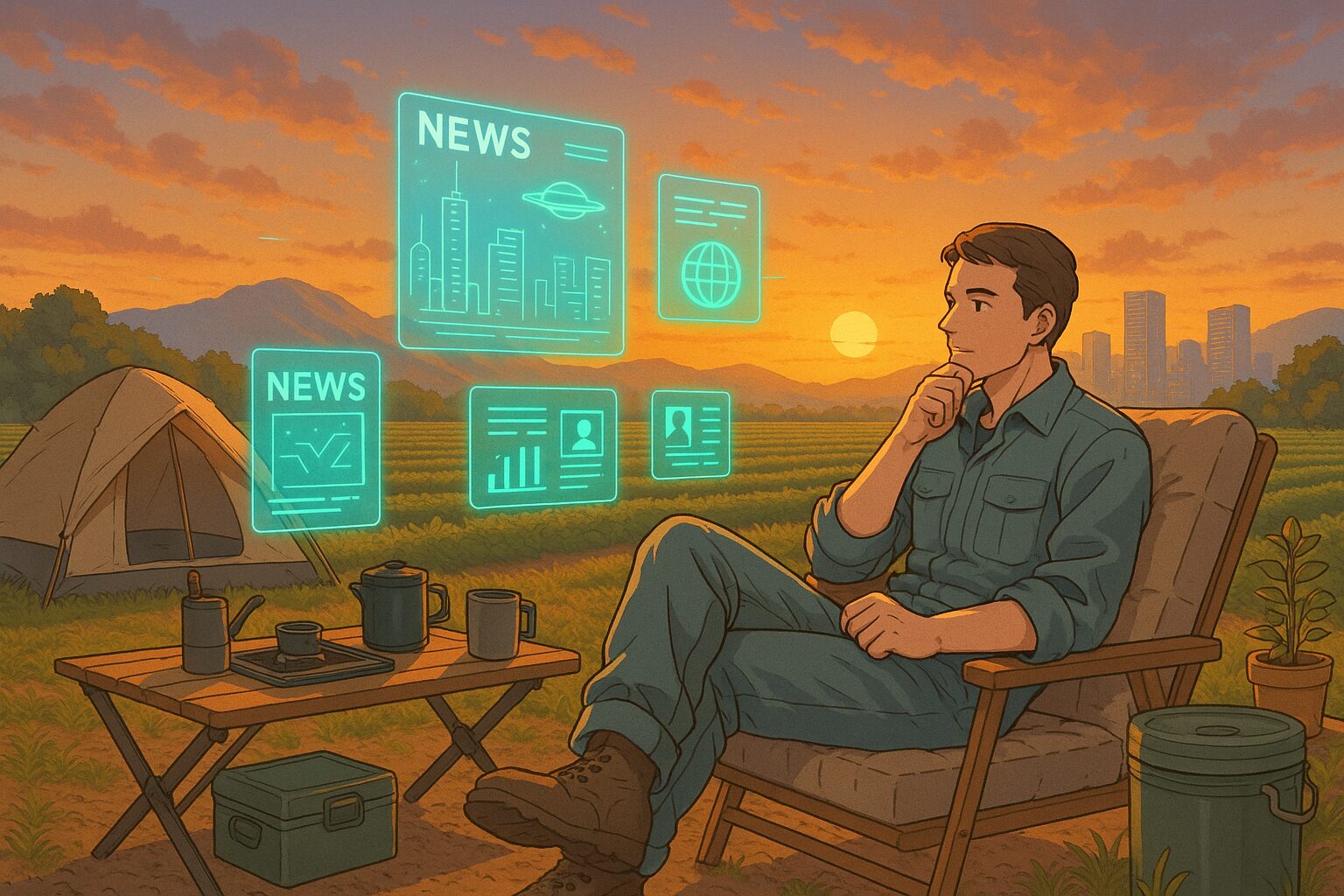Shocking news has arrived from around the world. Japanese scientists have achieved an astonishing internet speed of 1.02 petabits per second. This speed is fast enough to download a Netflix movie in an instant. If this trend continues, how will our lives change?
1. Today’s News
Summary:
- Japanese scientists have achieved an internet speed of 1.02 petabits per second
- This far exceeds conventional speeds, enabling instantaneous downloads of movies and data
- The world is paying close attention to how this technology will be utilized in the future
2. Considering the Background
The evolution of internet speed has been made possible through years of technological innovation and improvements to communication infrastructure. As the internet has permeated every aspect of our lives, ultra-fast communication has not only enhanced convenience but also opened new possibilities in many fields, including business, education, and healthcare. However, these changes also raise concerns about the digital divide and privacy issues. What impact will this technology have on our future?
3. What Will the Future Look Like?
Hypothesis 1 (Neutral): A Future Where Ultra-Fast Communication is Normal
If ultra-fast internet becomes the norm, streaming videos and games, as well as remote work and online education, will further proliferate. This will allow everyone, regardless of location, to access information and services of the same quality. As a result, globalization may advance and disparities in information access between regions could diminish.
Hypothesis 2 (Optimistic): A Future with Significant Development in New Industries
This technological innovation is expected to lead to the emergence of new entertainment industries utilizing VR and AR, as well as advancements in real-time remote healthcare. These industries could enrich our lives and provide more options. New values and lifestyles may also emerge.
Hypothesis 3 (Pessimistic): A Future Where Privacy is Lost
On the other hand, the advancement of ultra-fast communication raises concerns about increased digital surveillance and the risk of personal information leakage. Our privacy may become more susceptible to infringement, which could also alter our values regarding personal freedom and security.
4. Tips for Us
Mindset Tips
- Raise awareness about how to manage your information
- Consider how technological advancements will impact your life
Small Practical Tips
- Be diligent in managing passwords to protect personal information
- When incorporating new technologies into daily life, weigh the benefits against the risks
5. What Would You Do?
- How will you face the future brought about by ultra-fast internet?
- How will you utilize new technology to enrich your life?
- How will you address privacy risks?
What kind of future have you envisioned? Please share with us through social media quotes or comments.









